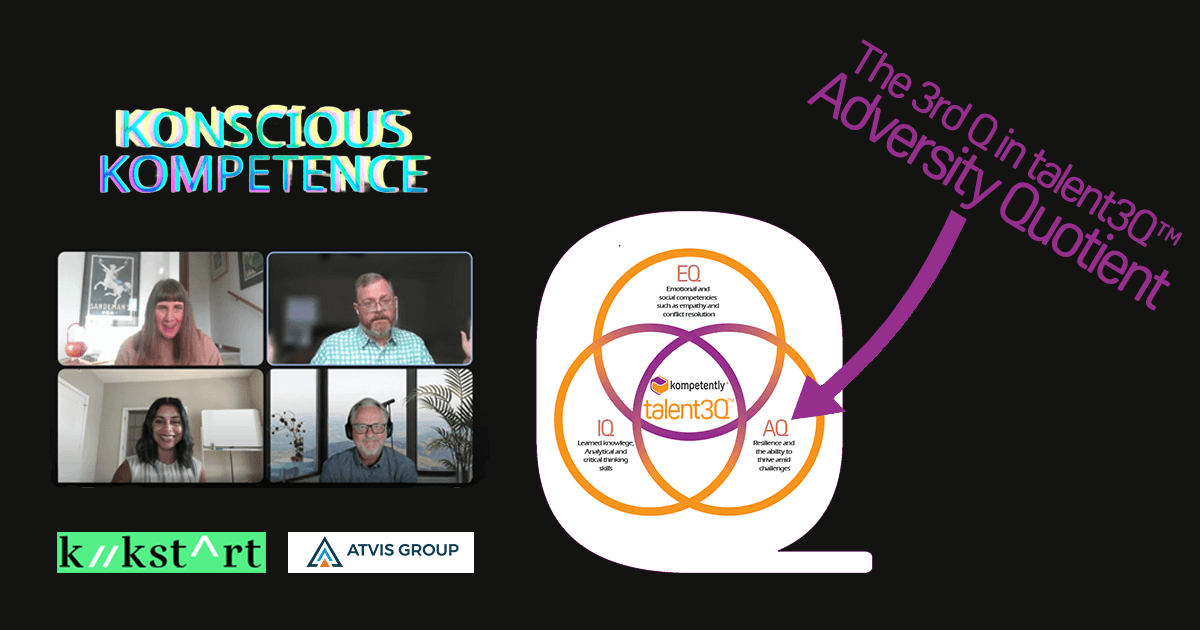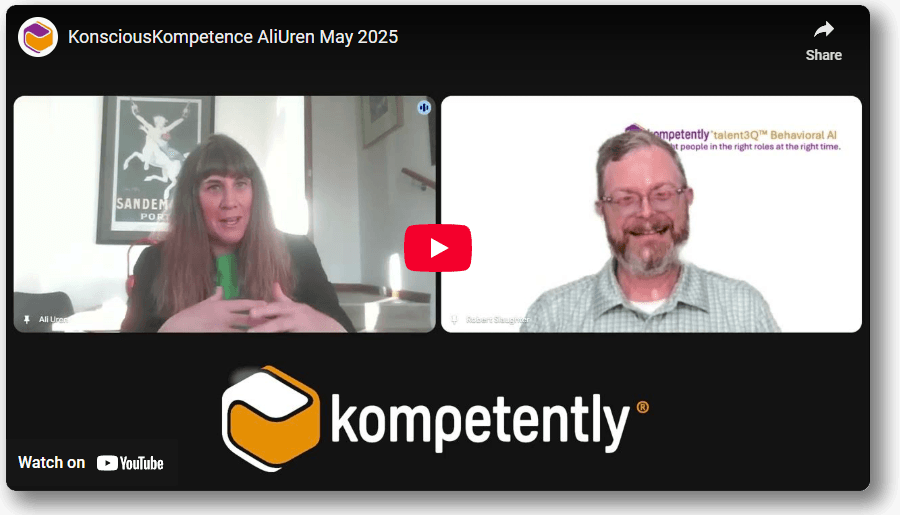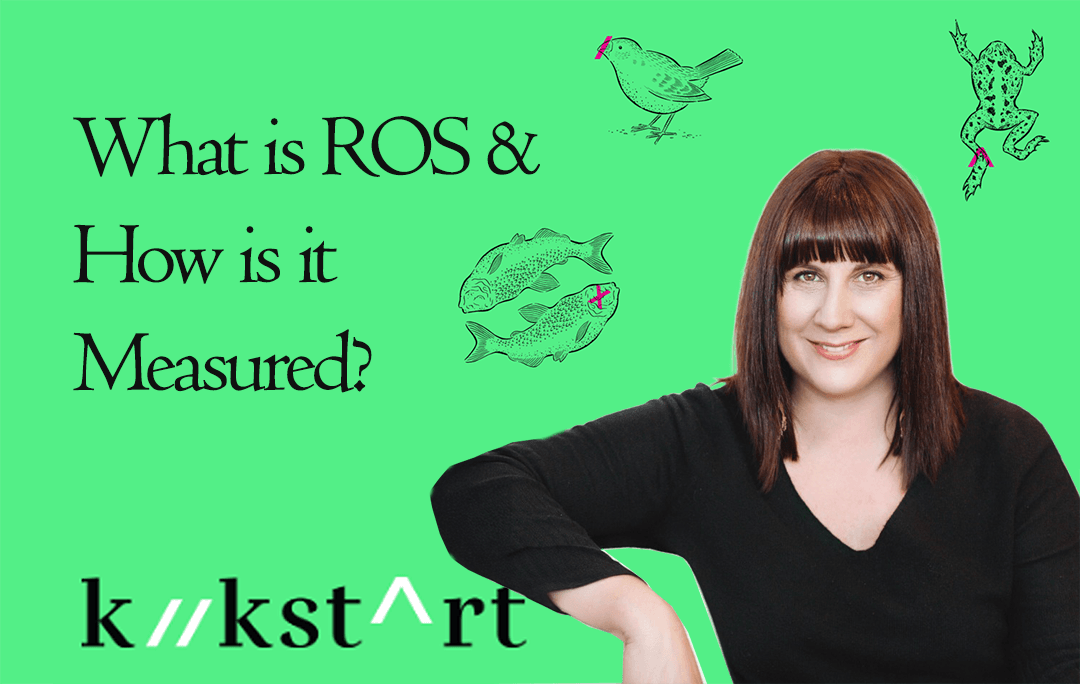Building Your Skills-Based Recruiting Framework:
TL;DR Overview
Understanding Skills-Based Recruitment
Skills-based recruitment is a transformative approach that prioritizes specific competencies over traditional qualifications like degrees and years of experience. This method ensures that the talent you acquire is perfectly aligned with the performance goals of your organization, leading to a more capable and diverse workforce.
The Strategic Shift
By focusing on the skills necessary for success in a role, organizations can better identify and attract candidates who are truly capable of meeting job demands. This shift not only enhances productivity but also fosters a more inclusive hiring process.
Aligning Talent with Goals
Implementing a skills-based recruitment framework ensures that your hiring practices are directly aligned with your organizational performance goals. This alignment is crucial for maintaining a competitive edge in today’s fast-paced business environment.
Conduct Job Analysis
Begin by thoroughly analyzing each role to identify the essential skills and competencies required for success. This foundational step ensures that job descriptions are aligned with actual job needs.
Develop Detailed Role Profiles
Utilize advanced data analytics to create comprehensive role profiles. These profiles should clearly outline the essential skills, competencies, and behaviors required for each role.
Implementing a skills-based recruitment framework is not just a strategic shift but a transformative approach designed to align talent acquisition with organizational performance goals. This blog post will provide actionable steps to integrate skills-based recruiting effectively, appealing to HR managers, learning and development professionals, and operations leaders. The following sections will guide you through revised job descriptions, training hiring teams, integrating skills assessments, and leveraging the right tools and technologies for sustainable recruitment.
Revised Job Descriptions
Shifting Focus from Educational Qualifications to Skill Requirements
Revamping job descriptions is the cornerstone of a skills-based recruitment strategy. Traditional qualifications like degrees and years of experience often overshadow the real competencies needed for the role. Instead, emphasize specific skills, competencies, and behaviors.
Techniques for Identifying and Articulating Necessary Competencies
- Conduct Thorough Job Analysis: Analyze the role to pinpoint which skills are essential for success.
- Engage with Hiring Teams: Collaborate with current team members to confirm and prioritize the required competencies, ensuring alignment with team skills and organizational goals.
- Develop Detailed Role Profiles: Use advanced data analytics to create comprehensive role profiles that outline essential skills and competencies.
Revised job descriptions open opportunities for more diverse candidates, eliminating bias and attracting those with the necessary skills who may lack traditional qualifications.
Training Hiring Teams
Comprehensive Training on Skills Evaluation Techniques
Training is essential for hiring managers and recruiters to ensure they can effectively assess skills and competencies during the recruitment process.
Training Topics for Hiring Teams
- Identifying Specific Skills: Equip hiring teams with the knowledge to identify and measure critical skills.
- Consistent and Fair Evaluations: Train hiring teams to conduct standardized evaluations to maintain objectivity across all candidates.
- Utilization of Advanced Tools: AI-enabled tools and data analytics are used for skills assessment, aiding in reducing biases and increasing evaluation accuracy.
Properly trained hiring teams can make more informed decisions, leading to better alignment between candidate skills and job requirements.
Integrating Skills Assessments
Structured Approach to Skills Assessment
To build a robust skills-based recruitment framework, integrating skills assessments across various stages of the hiring process ensures consistency and fairness.
Initial Skills Screening: Basic Tests
- Implement basic skills tests during the initial stages to filter out candidates lacking fundamental competencies.
Intermediate Skills Testing: Detailed Assessments
- Use practical assignments and detailed skills tests relevant to the role to evaluate candidates’ abilities more comprehensively.
Final Competency Verification: Behavioral Interviews
- Conduct behavioral interviews and advanced skills evaluations to validate candidates’ competencies before final hiring decisions.
This multi-tiered approach to skills assessment enhances the consistency and accuracy of candidate evaluations, reducing the risk of hiring mismatches.
Tools and Technologies
Utilizing Kompetently’s Platform for Continuous Skills Assessments
Kompetently offers advanced technologies to facilitate ongoing skills assessments and ensure alignment with evolving job requirements.
Role of AI in Refining Competency Models
- Dynamic Skill Profiles: Use AI to regularly update competency models based on feedback and changing business needs, ensuring ongoing relevance and precision.
- Comprehensive Data Utilization: Integrate detailed skills data from Rhetorik to enhance the precision of competency frameworks and assessments.
- By embedding these advanced tools into the recruitment process, organizations can consistently attract and secure top talent that meets their strategic needs.
Summary
Implementing skills-based recruitment transforms traditional hiring practices into a dynamic, outcome-focused process. Revised job descriptions highlighting required skills over conventional qualifications, thorough training for hiring teams, and structured skills assessments at multiple levels ensure objective evaluations. Leveraging Kompetently’s platform and AI technologies further refines this process, aligning recruitment with organizational performance goals. This comprehensive, skills-based approach guarantees a diverse and highly capable workforce, ready to meet the challenges of today and future-proofed for the demands of tomorrow.
Training Topics for Hiring Teams
Identifying Specific Skills
Equip hiring teams with the knowledge to identify and measure critical skills relevant to the job role.
Consistent and Fair Evaluations
Train teams on standardized evaluation methods to ensure objectivity and fairness across all candidates.
Utilization of Advanced Tools
Introduce AI-enabled tools and data analytics to aid in skills assessment, enhancing the accuracy and reducing biases.
Behavioral Interview Techniques
Teach teams how to conduct behavioral interviews to validate candidates’ competencies and fit for the role.
Ongoing Skills Development
Encourage continuous learning and development within hiring teams to keep up with evolving skills and assessment techniques.
Legal and Ethical Considerations
Ensure hiring teams are aware of legal and ethical considerations in skills assessment to maintain compliance and fairness.
Feedback and Improvement
Implement a feedback loop to continuously improve the skills evaluation process based on insights and outcomes.
Diversity and Inclusion
Highlight the importance of diversity and inclusion in the hiring process, ensuring a broad and diverse talent pool.
Multi-Tiered Skills Assessment
Our comprehensive approach to skills assessment involves several key stages to ensure thorough evaluation of candidates.
1
Initial Skills Screening
During the initial screening phase, basic skills tests are administered to filter out candidates who do not meet the fundamental requirements of the role. This step ensures that only qualified candidates proceed to the next stages of the hiring process.
2
Intermediate Skills Testing
In this stage, candidates undergo more detailed assessments, including practical assignments and role-specific tests. These evaluations provide deeper insights into the candidates’ abilities and how well they can perform the tasks required for the job.
3
Competency Verification
The final stage involves behavioral interviews and advanced skills evaluations. This step is crucial for verifying the candidates’ competencies and ensuring they possess the necessary skills to succeed in the role. By the end of this stage, hiring teams can make well-informed decisions based on comprehensive assessment data.
4
Ongoing Evaluation
Even after hiring, continuous skills assessments are conducted to ensure that employees’ skills remain aligned with evolving job requirements. This ongoing evaluation helps in identifying areas for development and ensuring sustained performance excellence.
Adopt Skills-Based Recruitment Today
Ready to transform your hiring practices and build a more capable, diverse workforce? Embrace skills-based recruitment and align your talent acquisition strategy with your organizational goals. By focusing on the competencies that truly matter, you can attract top talent, reduce hiring mismatches, and drive performance and innovation.
Don’t wait—start implementing skills-based recruitment in your organization today and experience the benefits of a more effective and equitable hiring process.






